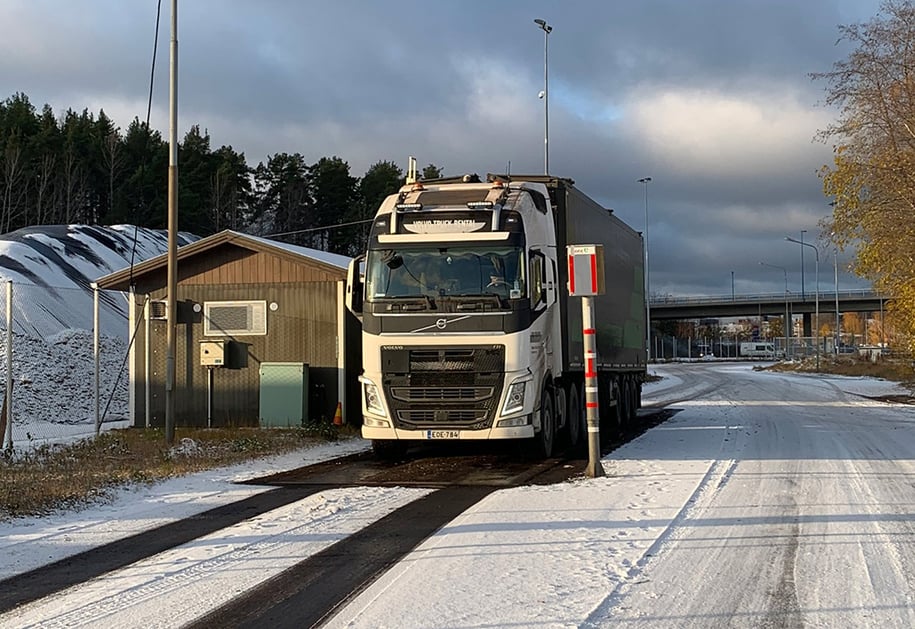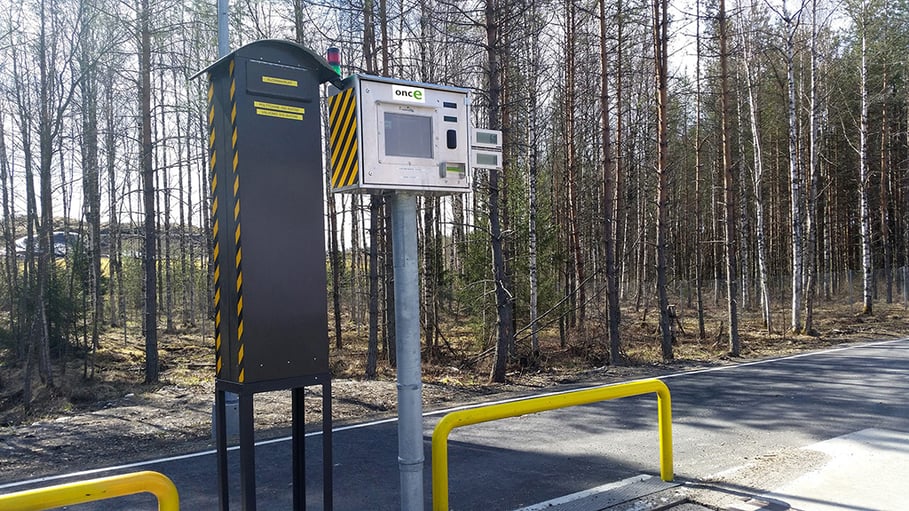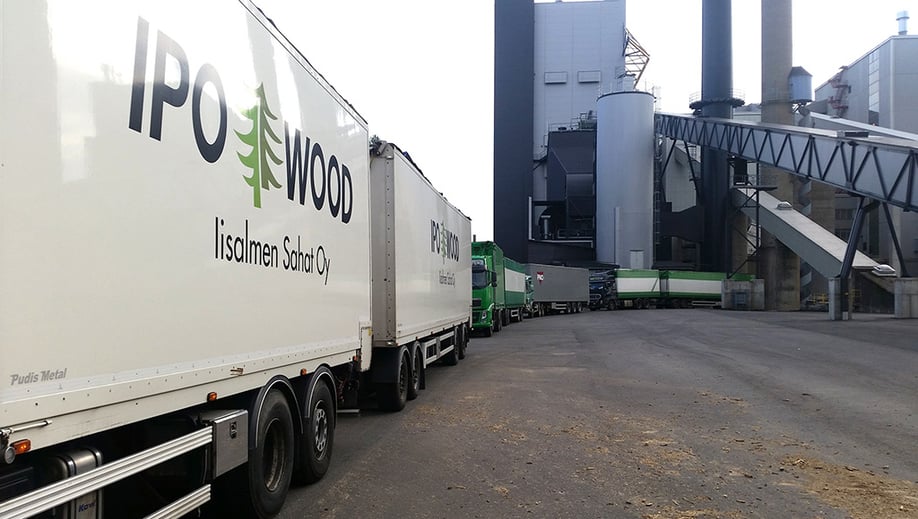 Digital and intelligent weighing functions can notably improve the efficiency of the receipt of material deliveries.
Digital and intelligent weighing functions can notably improve the efficiency of the receipt of material deliveries.
In the energy industry, the receipt of materials at the plant is a critical point in the supply chain management. At this point, the delivery of the supplier is officially verified and it is determined who pays for the material, to whom and how much. In addition to weighing, laboratory analyses conducted on the material may serve as the basis of invoicing or paying and provide essential information for reporting. Therefore, digital and intelligent weighing functions can notably improve the efficiency of the receipt of material deliveries.
Weighing is the most common method of verifying the contents of the load

The Once by Pinja supply chain management system delivers the right raw materials to the right place at the right time.
Weighing is the most common method of verifying the load because it produces objective data. The result is based not only on the inspector’s own assessment but also on an independent measurement, which is fair to all parties.
Depending on the load, a vehicle scale weighing the entire load at once or a scale that weighs the load in smaller batches, such as one pallet at a time, may be used. Weighing determines the amounts of material flows and this information is then used as the data source for reporting, monitoring and invoicing.
If incorrect information on the contents of the load or the supplier is registered during the weighing and load registration step, the following steps of the supply chain, such as reports, inventories and invoicing or paying, will be skewed. Subsequent correction of incorrect registrations will notably increase manual work.
Intelligent weighing functions improve the efficiency of the material receiving process

It is a benefit to both the material supplier and receiver if material deliveries are scheduled in such a way that load weighing does not become congested at the weighing station.
Smart scheduling of weighing functions
It is a benefit to both the material supplier and receiver if material deliveries are scheduled in such a way that load weighing does not become congested at the weighing station. The best way to do this is to offer the material suppliers a possibility to book an unloading time in advance via a digital customer portal. Automating this step reduces the need of human resources in the weighing process and streamlines the weighing operations as well as creates remarkable cost savings to all entities in the supply chain.
Prefilled data on the load ready for the weighing step
Several data items are necessary during load deliveries. The more completely the data on the load delivered is entered in the receiving system in advance, the less there is data to register at the load receiving point. Thus, the probability of making errors during registration is also smaller. When the supplier does not need to fill in the data during the weighing process, the delivery of goods is streamlined.
Integrate all scales under one centralized weighing system
Instead of individual and separate scales, it is useful to integrate all scales used under one centralized receiving system that operates seamlessly with the systems used for the management of the rest of the supply chain. This will ensure that weighing services can be easily provided for the deliveries of other operators as well.
Combine receipt and operative reporting data
Data collected during the receipt of materials serves directly as the basis of invoicing or payment for the company. For example, it is used to send invoices to the suppliers of recycled material and, on the other hand, to verify the correctness of invoices for bioenergy deliveries. When the data is automatically transferred between the receiving and invoicing systems, the arduous task of manually creating and checking invoices that usually takes place once or twice a month is avoided.
In addition, high-quality data retrieved from the receiving system supports the company’s operative reporting and activities in real time.
Read more
Are you ready for more stringent reporting requirements in the waste and energy sectors?
Legal reforms to revolutionize the waste and energy sectors in the coming years
Guide: Digitalization in circular economy
Once® by Pinja

Heikki Hämäläinen
I work as a Once business manager at Pinja. In my free time, I like to take walks in nature. In winter, I play ice hockey and coach floorball, and in summer I like to spend time on the waters sailing.
Back to the Pinja Blog
Categories
- Career at Pinja (68)
- Manufacturing (46)
- Knowledge Management (45)
- Production Development (44)
- Software Partnership & Tools (42)
- Sustainability (37)
- Wood and Forestry (37)
- Bioenergy and Recycling (29)
- IT Support and Outsourcing (24)
- Ecommerce (23)
- Maintenance (22)
- Artificial Intelligence and Machine Learning (15)
- Public Services (9)
- Compliance (1)